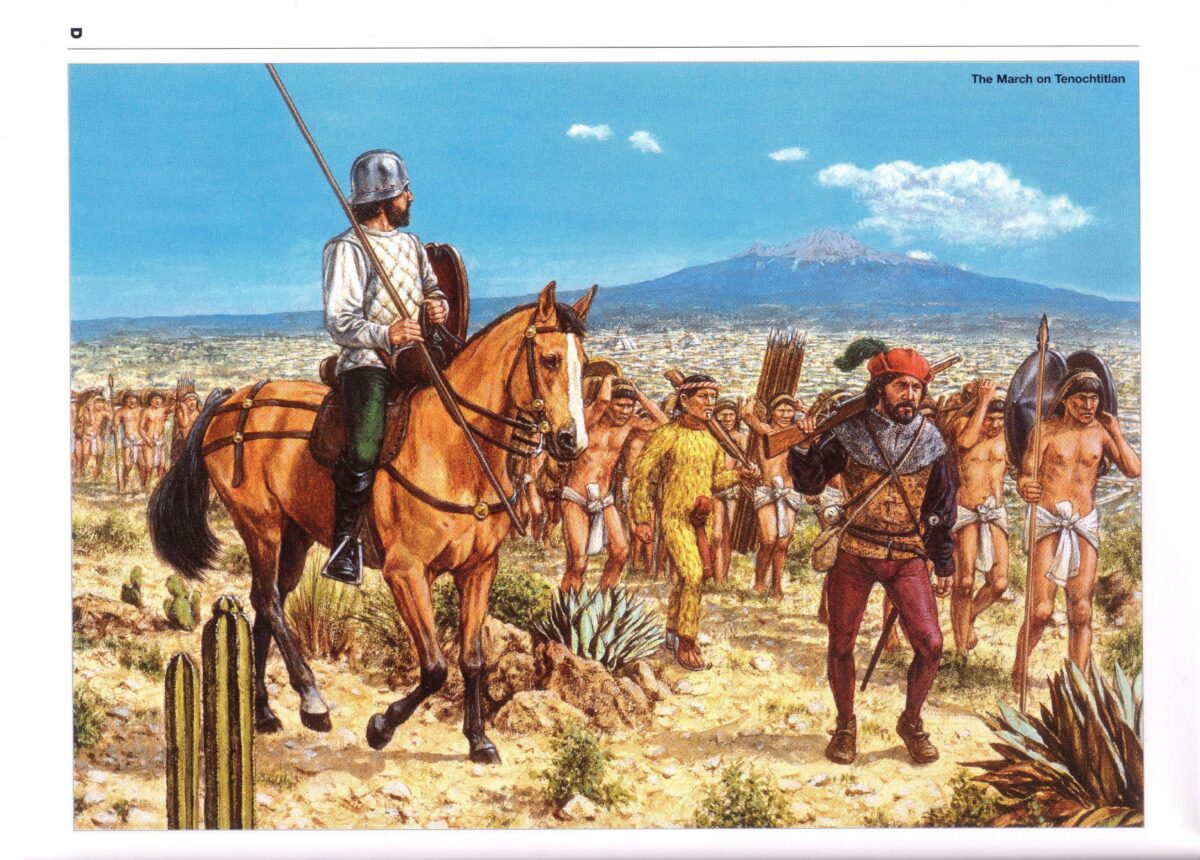“The indigenous people conquered america and the spaniards fought for the independence”.
Does this phrase make any sense to you? Or is it just me, the writer of this piece, who has suddenly lost its mind in inextinguishable oceans of latin american madness?
I write this article from the comfort of my identity, directly from the colour of my skin and straight to the heart of the “other”. This is me, Gambit playing the race card once more.
Digging through the pile of memories I have accumulated over the years, I remember having once met a well-meant young female spanish volunteer, at a bar in some small town in the midst of the bushy peruvian jungle. She had traveled miles away from Madrid to some desolate place in Lat Am to give her help to a community of natives.
As it is common knowledge to any “oppressor”, my country was for hundreds of years under the power of the spanish crown. The word “Spain” is written in the DNA of most Latin American nations. Just listen to our voices, flirt with our people and pray to our god. Spain is (in) us.
As a “latino”, I couldn’t restrain myself from asking this young spanish lady: “How does it feel, as a spaniard, to be in country, that has been highly influenced by the spanish culture?”
“Awful” – she answered – “I regret, what the europeans did here and I’ll never let anyone hurt the ‘indigenas’ ever again”.
I knew that she meant no disrespect in her words, but still I couldn’t stop myself from frown on her with certain scrutiny and disbelief.
So, this woman, had come all the way down to my country to protect us, from the “EVIL” of western civilization?
My dear europeans, I come from a place, where town folks get their ultimate kick by sewing the feet of a condor to the back of a bull, and watching that poor bastard jumping and kicking, back and forth, back and forth, until, either the condor dies, because of the constant banging of his head against the bull’s back, or the bull, after this majestic bird has teared the flesh of his back into a mush of gory pieces, has finally fallen exhausted to the ground.
Some may argue that such brutality was brought by the spaniards, since there were no bulls in america before their arrival. You may be right, but bulls are, in no way, an excluding requisite to ultimate brutality.
In a world without a Geneva Convention, Incas were accustomed to drinking corn beer out of the skulls of their deceased enemies. They also liked to do handicrafts with human hide, like stretching the skin of their rivals onto the top of various cylinders to manufacture war drums. The Aztecs, on the other hand, liked to watch people being brutally vivisected and then thrown down the stairs of stone pyramids. As brutal as it may sound, those two civilizations gave us the most impressive works of art and engineering in the entire american continent.
Of course, now you may think, “we shouldn’t judge them with our western european moral standards” or “those were other times”.
If so, then why I should have the right to judge the spaniards, who conquered the empires of america and you shouldn’t have the right to judge the atrocities perpetrated by the natives?
Do you really think, that people in those days, were so uncivilized, that they couldn’t acknowledge what cruelty was? Do you think, that they didn’t shed tears when a son or daughter was taken off their arms, to be sacrificed to some obscure gods? Do you?
As a peruvian, I always wondered, how a small bunch of sweaty spaniards, were able to topple the mighty Inca empire.
Some years later, I learned the answer.
It was impossible.
A group of 200 16th-Century adventurers were no match, at all, to an army of 30 000 trained inca cadres, regardless if they had horses, arquebuses and steel armour.
Then how did they did it?
Simple, they used the oldest trick in the book: “The enemy of my enemy, is my friend”.
During the conquest of the Aztec empire Cortez forged an important alliance with the Tlaxcaltecas, whose nobles received many privileges after the victory, and regarding the conquest of South America, thousands of chachapoyas, cañaris and the chankas (who had an immense hatred for the incas) gave Pizarro and his men their full military and logistical support, which was essential for their enterprise.
Even during the wars for independence, the spanish royalists forces of Peru comprised around 80% mestizos and quechua or aymara speaking natives, while a small percentage was made up by criollos or spaniards.
Does this mean that we should condone the atrocities committed by the spaniards?
Not at all.
Albeit my best shot at solving this spiky paradoxical predicament in history is learning one thing: Brutality is multicultural. The never-ending play of Oppressors vs. Oppressed is always auditioning people from different cultural backgrounds. Everybody, regardless of the color of its skin, is more than welcome to become the next “bad guy”.
Le bon sauvage has always being an illusion. Even since the dawn of mankind, people have waged wars against each other.
Just because my forefathers were victims, that doesn’t exclude me from not being a potential victimizer.
Evil transcends ethnicities.
Evil is multicultural.
Evil is human.
Written by Raúl Valero
30/11/2019
